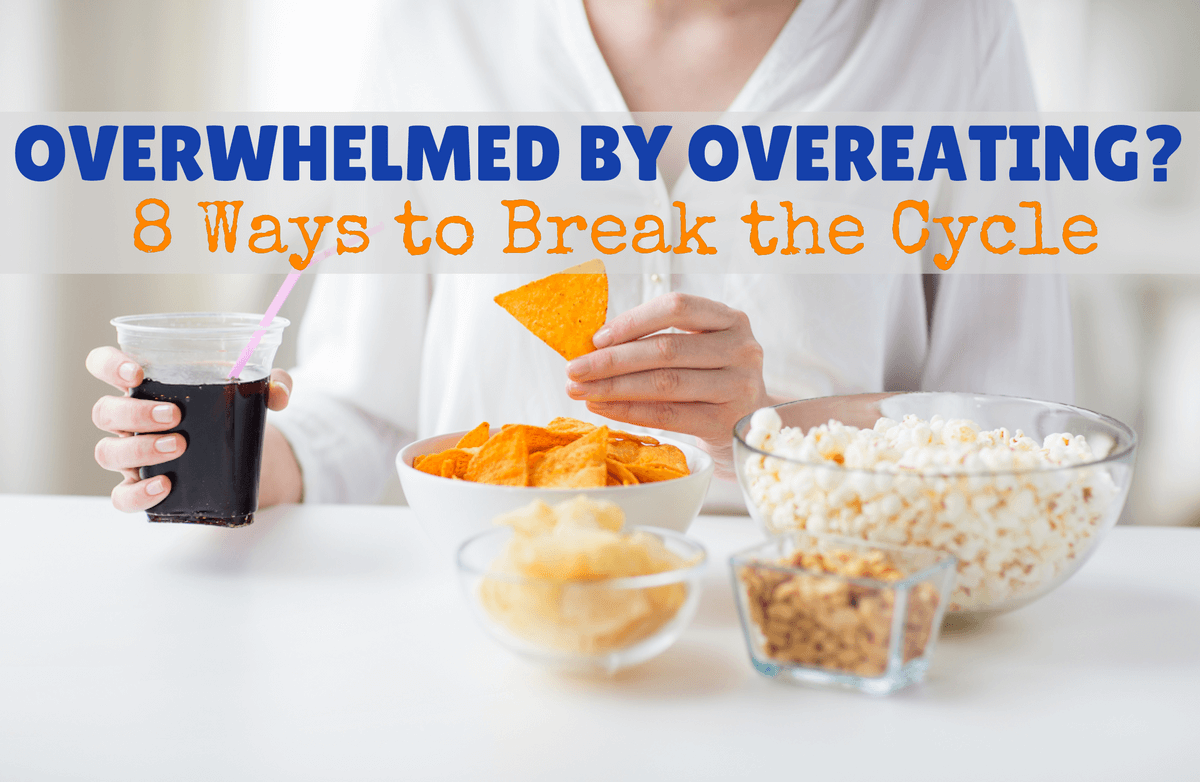Fact vs. FictionShould you swim with a full stomach? Let scrapes air out? Tinkle on a jellyfish sting? There once may have been some wisdom behind the advice (although probably not with the jellyfish sting), but many summer suggestions are outdated. With the lowdown from top experts, find out which warm-weather beliefs are based on real common sense—and which are complete nonsense.Myth: Put butter on a sunburn.Truth: While butter’s an accessible cool salve for a hot burn from cooking, you’re better off saving your stick for your buns. “Butter is just moisturizer with no specific burn-healing properties,” says Margaret E. Parsons, MD, an associate clinical professor in the dermatology department at the University of California, Davis. A better home cure? “Cool ice-milk compresses (crushed ice and milk on towels) are soothing,” she says. “The coolness is anti-inflammatory, and the milk is mild and not acidic, so it won’t irritate skin.” Ibuprofen, another anti-inflammatory, can also be helpful taken with water. “Then, a day or two after the burn’s cooled down, keep the skin well moisturized to help it heal,” explains Dr. Parsons. While you could use butter at this point, why waste food? Stick with petroleum jelly. But if your sunburn blisters or swells, see a doctor for topical steroid creams or oral steroids, suggests Dr. Parsons.Myth: Poison ivy is contagious.Truth: This is one rash that won’t rub off on others. “You react to poison ivy and its friends poison oak and sumac when the plant’s chemical urushiol (you-ROO-shee-all) gets on your skin,” explains Dr. Parsons. “Once the chemical is washed off your skin, you can’t spread the rash by scratching it or scratching others. Since the rash often develops two to three days after exposure, the chemical is almost certainly washed off,” she says. According to the American Academy of Dermatology (AAD), this delayed reaction can give the illusion that the rash is spreading when it’s not. To skirt an itchy situation, Dr. Parsons suggests immediately tossing clothes in the washing machine and washing exposed skin and possible contact areas with soap with some detergent.Myth: Saltwater heals wounds.Truth: Even though your doctor may use saline, you shouldn’t rinse scrapes and cuts in the sea. “What we use is carefully made, pure water with salt content, like what the body produces,” explains Sandra Fryhofer, MD, a past president of the American College of Physicians and a clinical associate professor of medicine at Emory University School of Medicine in Atlanta. Saltwater from the ocean can actually irritate a wound and contain infection-causing bacteria. Instead, Dr. Fryhofer recommends cleaning scrapes and cuts with “clear, clean water—tap is fine for most wounds—and mild soap.”Click here for 6 more debunked summer health myths! Stories you might like: Did any of these surprise you? If so, which one(s)? |
Popular EntriesMore From SparkPeople
|














